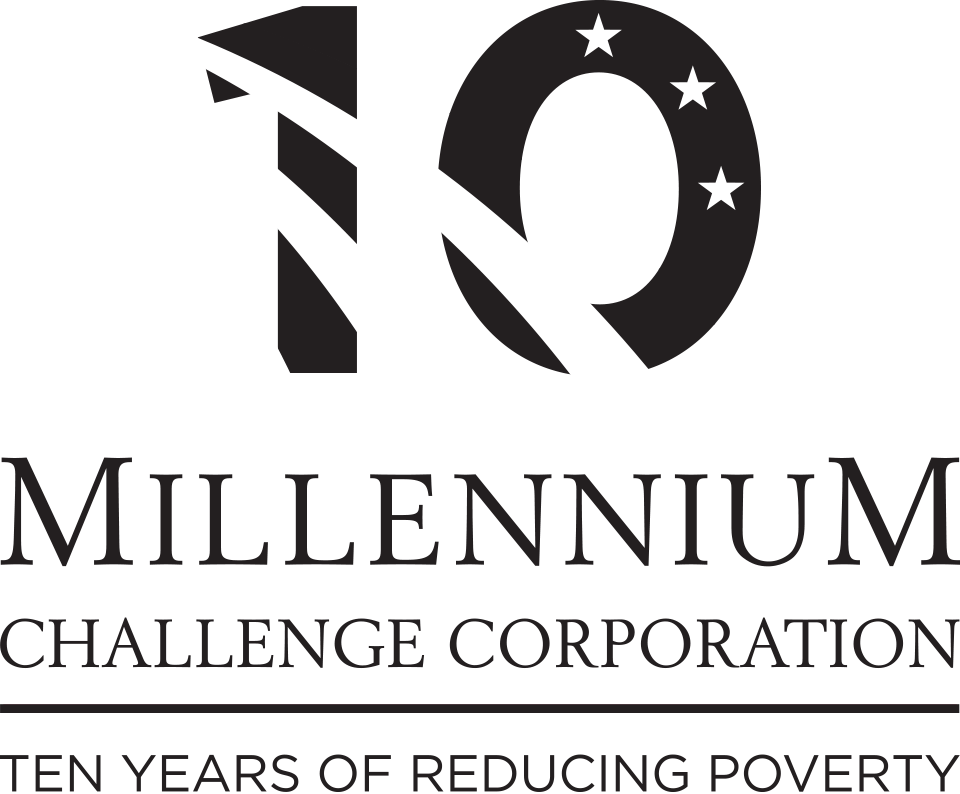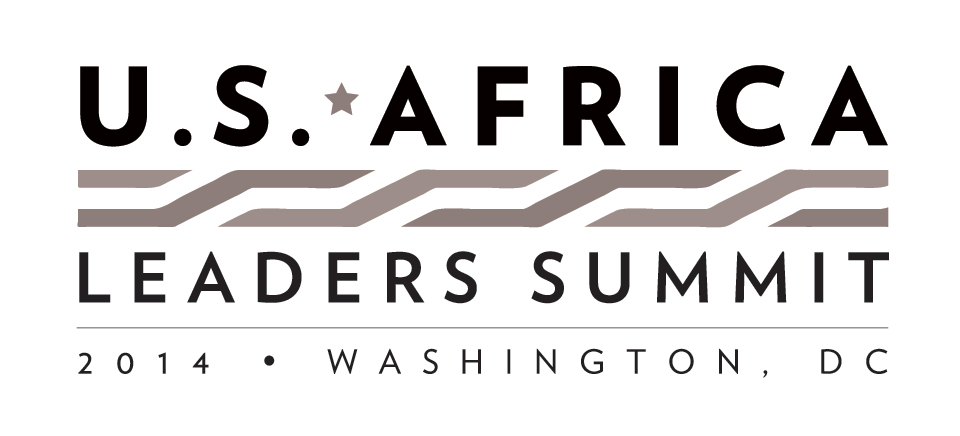MCC’s contributions in key areas during fiscal year 2014 advanced effective development practices and partnerships.

Sharing 10 years of lessons: The principles upon which MCC was founded in 2004—selectivity based on sound political, economic and social governance, focus on economic growth, country-led development, results, monitoring and evaluation, technical rigor, evidence-based decision making, and transparency—now largely define U.S. global development policy. The Obama administration as well as bilateral and multilateral donors have adopted the core fundamentals of MCC’s approach over the last 10 years. It is not only our model that is changing development practices, but also our decade of extensive operational experience on the ground. For example, MCC partners with countries to build local capacity and execute complex infrastructure projects within short timeframes, motivating policy reforms to support capital investments and integrating private sector, gender and environmental elements to ensure sustainability. With our outsized influence and impact, MCC is continuously learning and improving. Leveraging what we have learned as we mark our 10th anniversary, MCC is embracing the next decade as a time to further test the best ideas and practices in development and share those lessons broadly.
Leading through Evidence: During fiscal year 2014, MCC deepened our use of evidence in our decision making from selection to evaluation. Together with Global Integrity, the Omidyar Network and the William and Flora Hewlett Foundation, we helped launch the Governance Data Alliance of data users, producers and funders inside and outside the U.S. Government to identify ways to improve the access to and use of current governance data and potentially spur the creation of new data. We created and used two new tools—an initial social and gender assessment and an improved beneficiary analysis—to inform our investment decisions. Adding to the body of evidence about development, we posted 55 independent evaluations on MCC’s Evaluation Catalog, including evaluation design reports, questionnaires and other documentation. In fiscal year 2014 alone, we released 17 interim or final results reports for both performance and impact evaluations. Building on our commitment to transparency—and a first-place ranking worldwide among 67 donors in the October 2013 Publish What You Fund Aid Transparency Index—MCC became the first U.S. Government agency to submit a single data file that meets all foreign assistance reporting requirements for the Development Assistance Committee at the Organization for Economic Co-operation and Development, ForeignAssistance.gov, Greenbook, and the International Aid Transparency Initiative. The XML-formatted file is compliant with all Office of Management and Budget requirements and strengthens the quality of MCC’s programmatic data so that users will know more about the progress of our projects.
Engaging Private Enterprise: During fiscal year 2014, we increased our focus on using MCC compacts as a platform to leverage private sector trade, investment and expertise to identify opportunities for economic growth and to address key constraints to such growth in partner countries. By working with the private sector throughout a compact—from development to closure—we capitalize on our mutual investments and ensure increased sustainability and impact. For example, the Ghana Power Compact we signed this year is expected to catalyze at least $4 billion in additional private investment and activity in the energy sector over coming years. MCC will continue to strengthen our relationship with the private sector so together we can deliver increased economic benefits to partner countries.

Renewing our commitment to Africa: With over 60 percent of our portfolio invested in Africa’s economic growth, MCC welcomed the Obama administration’s inaugural U.S.-Africa Leaders Summit in August 2014. With 45 African heads of state in attendance, the unprecedented summit created a prime occasion for MCC to engage further with key leaders around good governance and transparency, trade and investment and inclusive growth and development. To start the summit week, MCC cohosted a conversation and reception with the Overseas Private Investment Corporation that brought together African finance and trade ministers and key U.S. business executives to discuss investment opportunities. MCC CEO Dana J. Hyde attended the U.S.-Africa Business Forum, one of the summit’s capstone events, and held bilateral meetings with leaders from some of MCC’s African partner countries. She also participated in a discussion alongside Deputy Secretary of State Heather Higginbottom, U.S. Agency for International Development Administrator Rajiv Shah and African Development Bank President Donald Kaberuka on strengthening trade coordination through the African Growth and Opportunity Act, highlighting MCC’s concrete contributions to the infrastructure and policies necessary for trade within and with Africa. During the summit, Ghanaian President John Dramani Mahama and U.S Secretary of State John Kerry participated in the signing of Ghana’s five-year, $498.2 million MCC Power Compact, the largest U.S. Government transaction to date under Power Africa.

